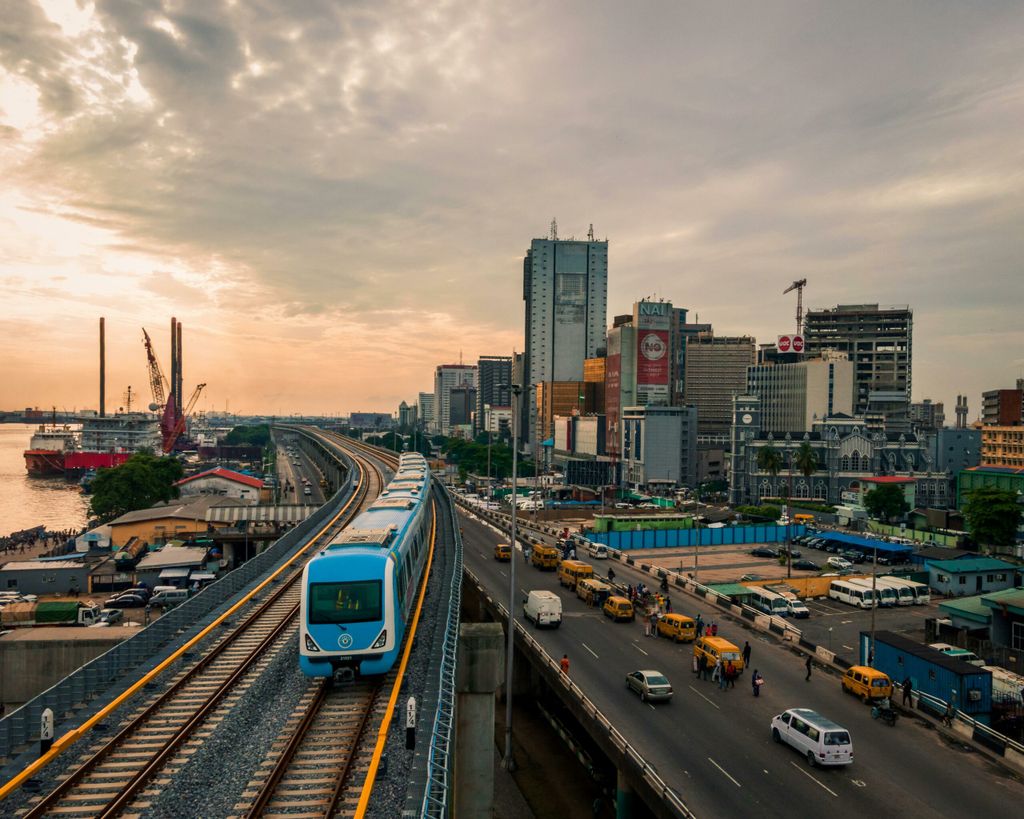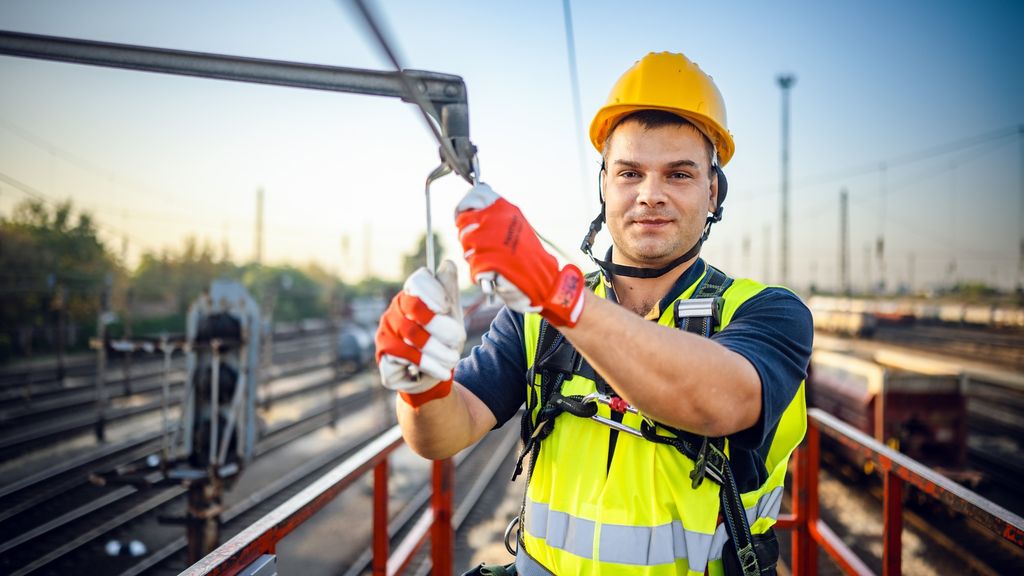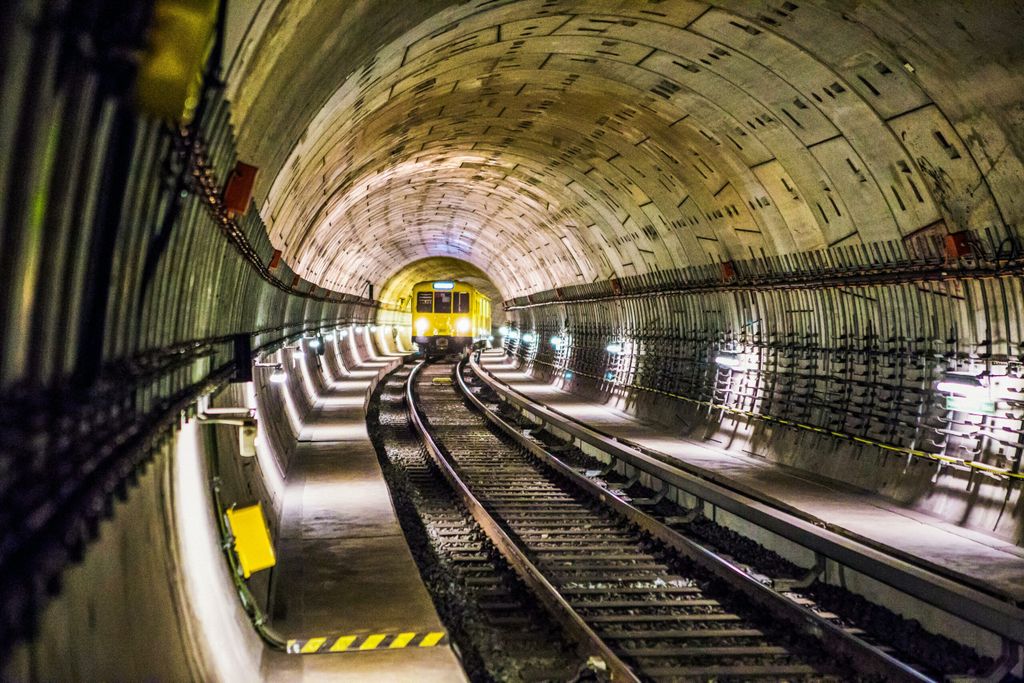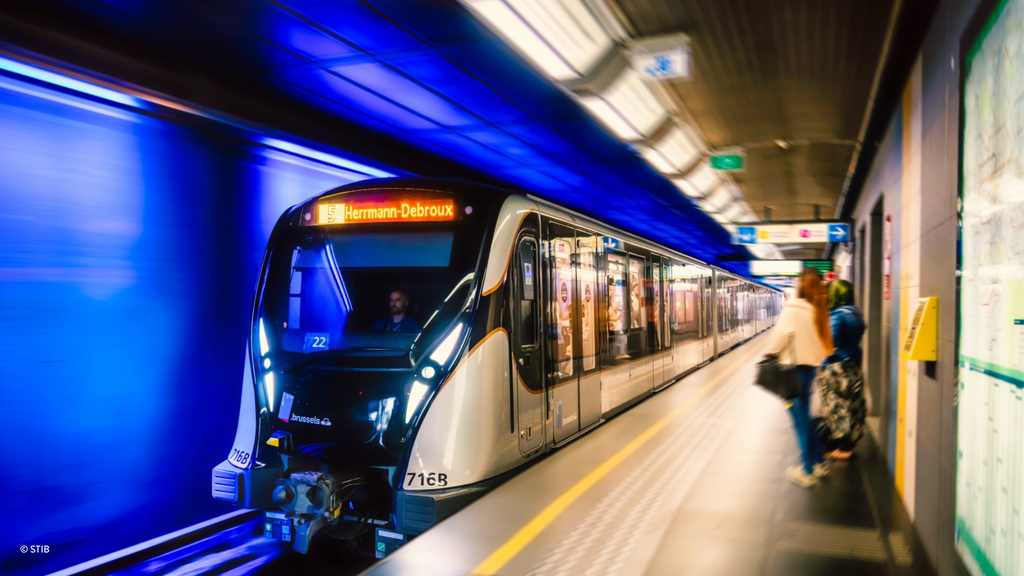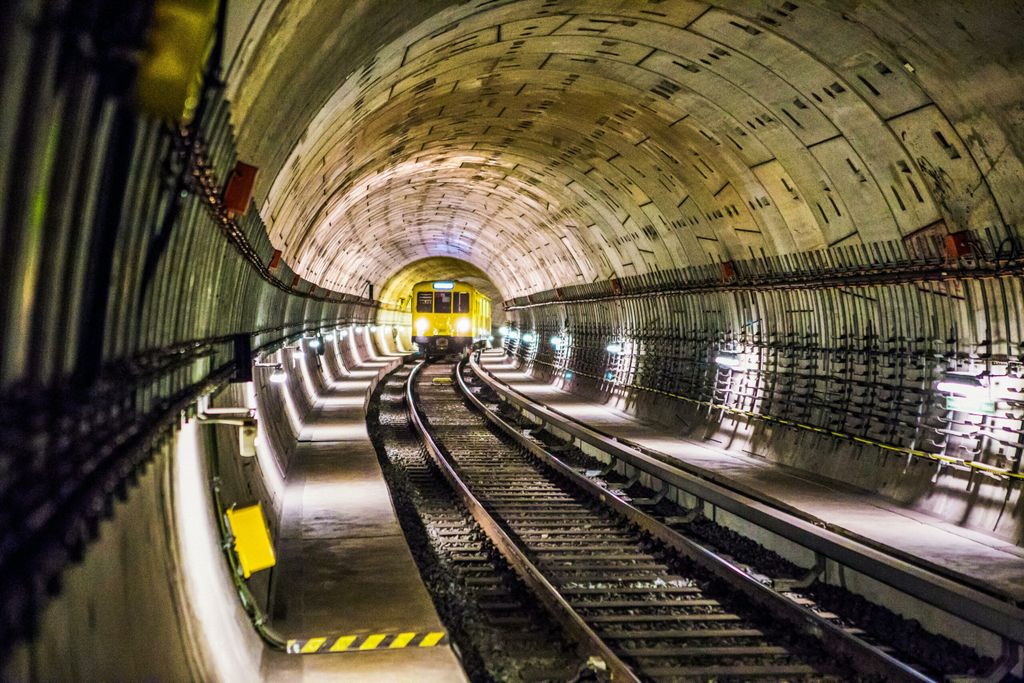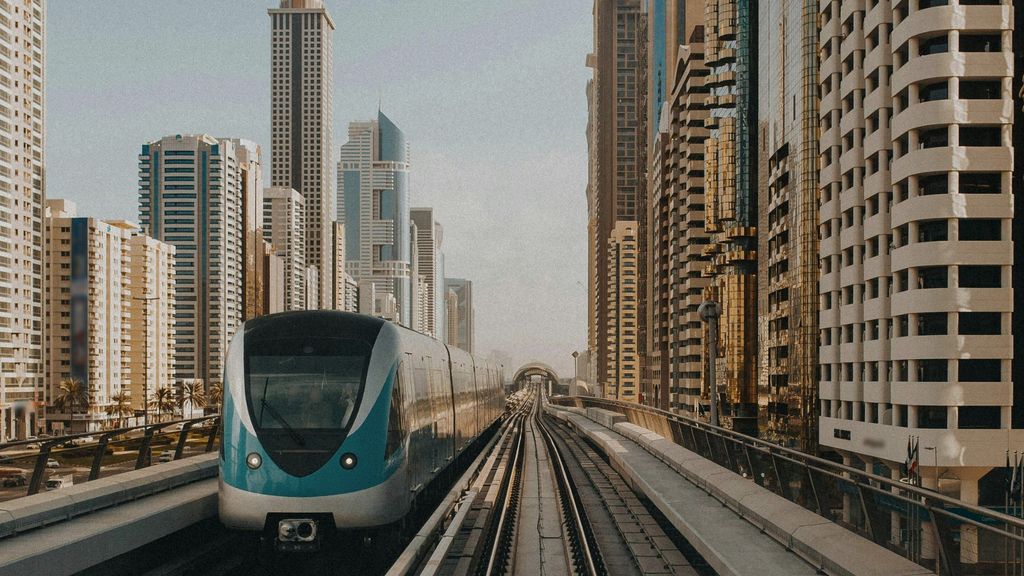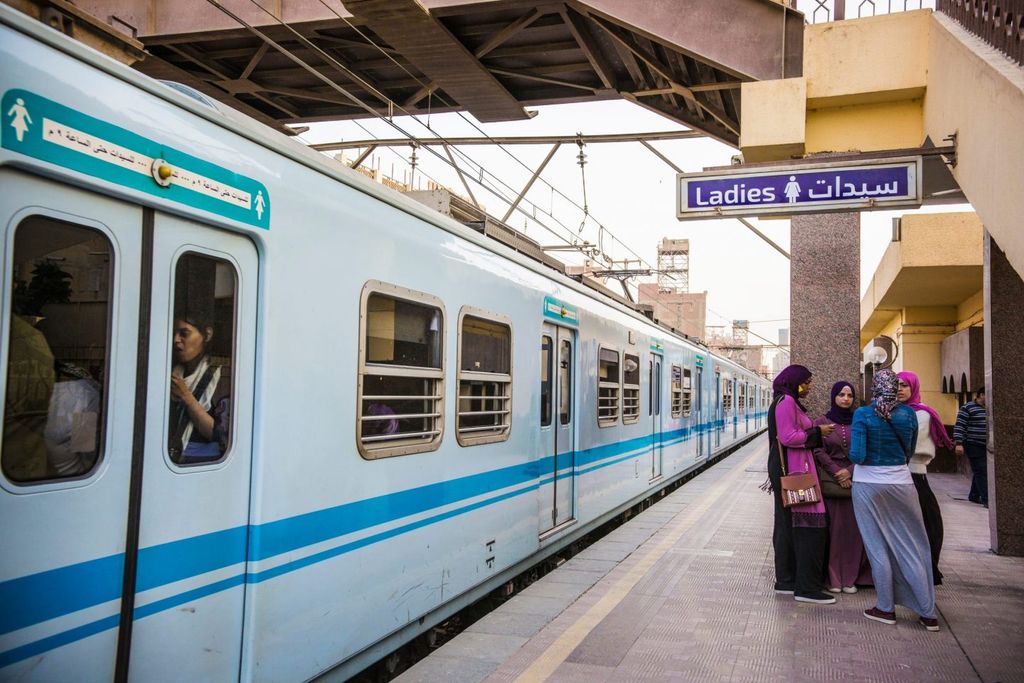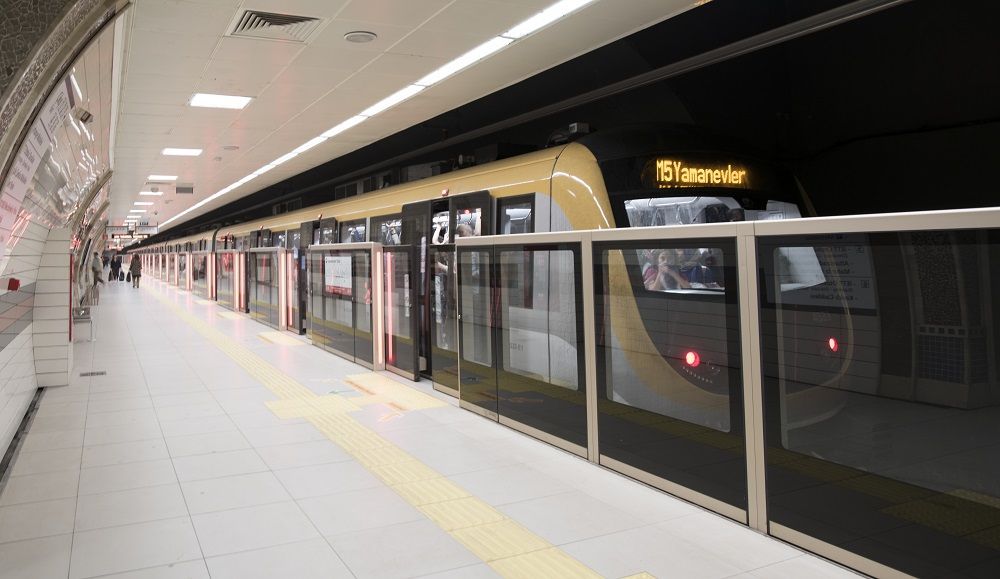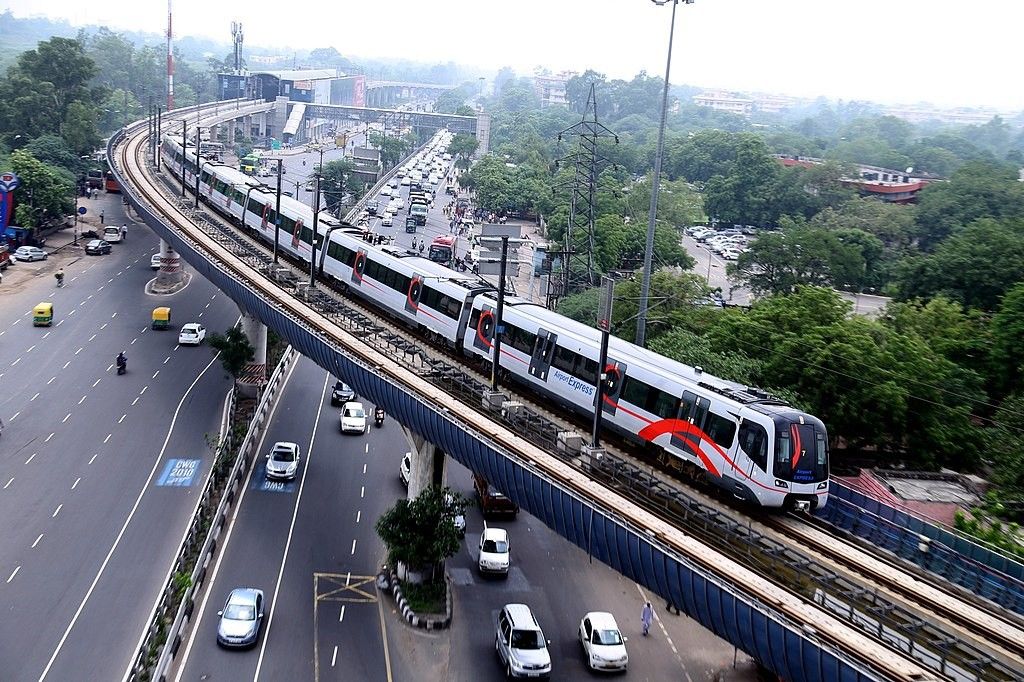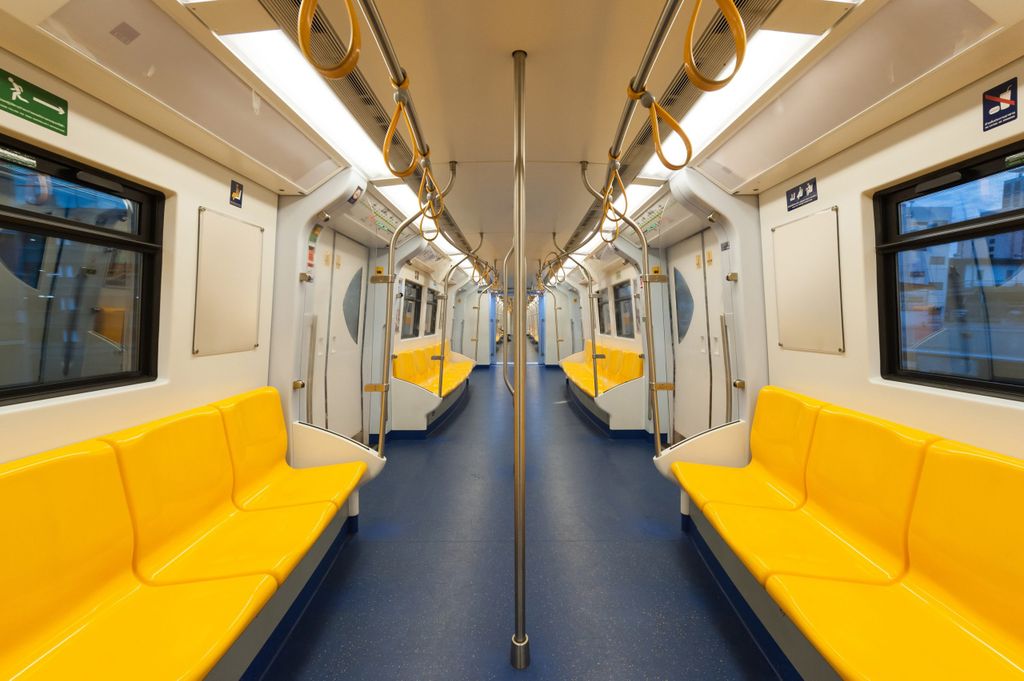
Guardians of Mobility: from the front lines of Moscow, Russia
There are many “unsung heroes” in times of crisis, and we recognise that our public transport professionals are some of them.
Our ‘Guardians of Mobility’, are an integral part of the front liners keeping essential services available throughout the coronavirus pandemic.
Over the course of these past few weeks, we have been sharing stories from our own community on what’s being done to keep public transport operations running around the world, and to shed a little light on our sector’s contribution to fighting this pandemic.
Today, as a special “historical” edition of the Guardians of Mobility series, Moscow Metro shares some experiences from Moscow, Russia, as they celebrate 85 years of dedicated service.
Moscow Metro
Over the course of the past 85 years, the Moscow Metro network has stretched to cover the whole city of Moscow. In that time, Moscow Metro has never stopped operating, except for one day in 1941.
And now, facing the COVID-19 outbreak it continues to operate at its full capacity.
Moscow Metro has a very diverse history and has faced many challenges to ridership. In 1935, the metro operator saw very few passengers; people were afraid to travel underground and were perplexed by the speed of travel. Nowadays, almost 90% of citizens have a metro station within a walking distance from home. Moscow Metro now serves 2.5 billion passengers per year.
During the World War II metro construction was not suspended, and two line-sections and seven stations were launched in January 1944. During the war, Moscow Metro served as a shelter to Moscow citizens. It also became a place of birth for over 200 babies during the war.
The metro network continued to grow steadily along with the city in following years. Even the fall of the Soviet Union did not stop it.
Even the fall of the Soviet Union did not stop it.
Today Moscow Metro has 15 lines including the Moscow Central Circle. Together with the Moscow Central Diameters and the Moscow Monorail there are 333 stations which are being used by more than 9.5 million people daily, and it continues to develop.
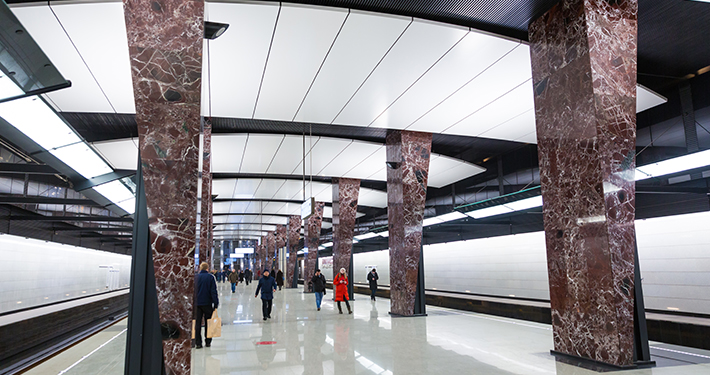
Moscow Metro is more than a mode of transport for the city: it became a major public space for cultural events, such as music gigs, theatrical performances, exhibitions, fashion shows, and more.
Moscow Metro has always been noted for cleanliness. But when COVID-19 reached the Russian capital, the operator increased daily disinfection routines on more than 900 thousand square meters of area. All passenger zones and ventilation shafts are disinfected regularly with hot air, all metro trains are cleaned and disinfected with UV-lamps before running, and all metro tunnels are washed using a strong disinfecting agent. Air filters in metro trains with built-in air conditioning are changed twice as often.
Major attention is paid to all passenger zones. Every 1.5-2 hours, handrails, turnstiles, entrance door handles and cash zones are disinfected, and more than 1.6 thousand ticket vending machines are washed every hour. Passengers are recommended to use contactless payment options. Protective masks and gloves can be purchased in stations. The price is fixed lower than a standard market price.
“Currently there are 966 points of sale. These are cash desks, trade pavilions and vending machines. Taking into account cash desks of suburban stations, which are also sales channels for masks and gloves, there are almost 1500 points of sale. The purpose of this measure is to create safe environment for all passengers, who could not get PPE in a pharmacy or forgot it at home. We highly recommend all passengers to use masks and gloves when going out”, shared Maksim Liksutov, the Deputy Mayor of Moscow for Transport.
Moscow Metro is more than a mode of transport for the city: it became a major public space for cultural events.
To overcome the difficult times together, Moscow Metro supports businesses and those struggling with financial troubles in this uncertain period. All passengers can extend their tickets’ validity without extra charge for this period.
Moscow Metro continually communicates with passengers explaining the new safety rules, informing about the current situation and providing updates. Every day the Moscow Metro supports those citizens who have to go to work – not only by transporting them, but also by a massive campaign at all the media screens.
Thank you to our Guardians of Mobility in Moscow for 85 years of excellent service!
become a member

